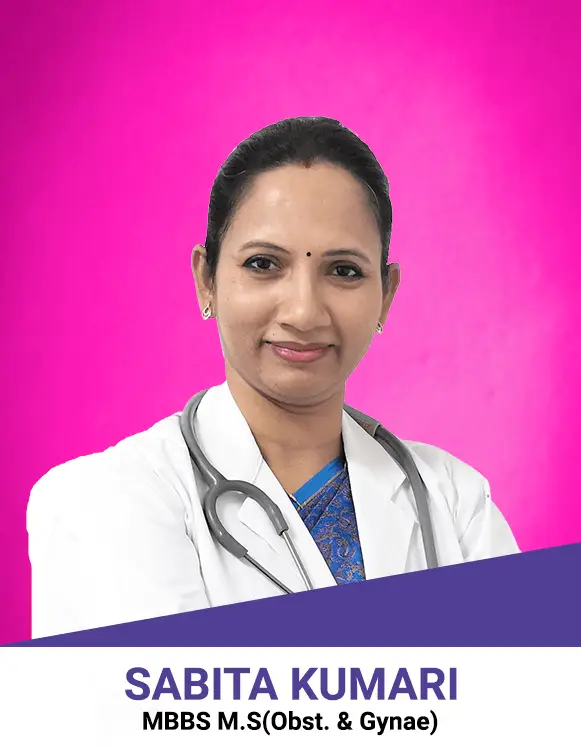If you have a high-risk pregnancy, you or your baby might be at increased risk of health problems before, during or after delivery.
Understand the risk factors for a high-risk pregnancy. Pregnancy risks factors include:
- Being younger than 18 or older than 35
- Being underweight or overweight
- Low red blood cell (RBC) count (anemia).
- Women carrying twins or higher order multiples.
- Previous preterm birth ( birth before 37 weeks gestation)
- Given birth to a very large or very small baby.
- Previous pregnancy miscarriage.
- An abnormal placenta.
- Rhesus (Rh) sensitization - a potentially serious condition that can occur when your blood group is Rh negative and your baby’s blood group is Rh positive.
- Substance use (alcohol,cigarette,drugs)
- Medical conditions- high blood pressure, obesity, diabetes, thyroid disease, epilepsy, heart or blood disorders, poorly controlled asthma, and infections can increase pregnancy risks.
- Other factors like high temperature, radiation exposure, and high altitudes.


